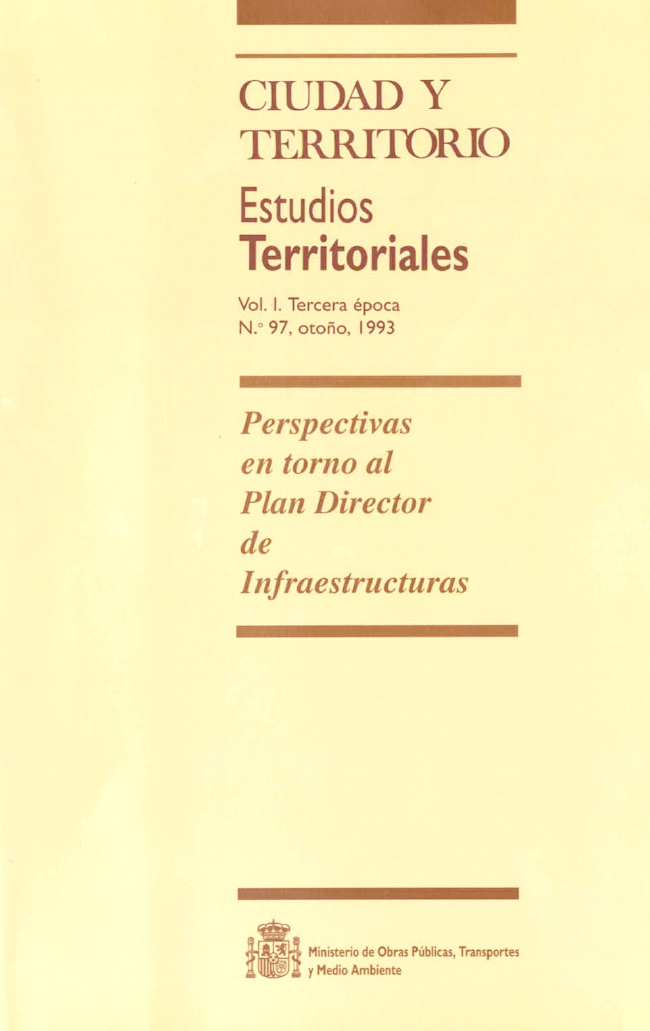The role of Infrastructures as to Competitivity and Economic Development
Abstract
The paper advances that the traditional Keynsian viewpoint that public investment is the motor of economic activity thanks to its boosting of demand and thus its serving as a multiplier factor has of late been further justified by new evidence but this, this time, coming from supply considerations and being concerned with the new role that infrastructure spending has been seen to play as to bettering both competitivity and economic development. In the light of this fresh perspective, many of the development countries, faced with the ongoing economic crisis, have opted for expansionist public spending policies. Within such thinking, the Overall Plan for Infrastructures takes on an outstanding importance due to its unifying of the economic effort by means of the push that it will give to productivity in the private sector and thus to the economy as a whole. The paper, by means of a use of contrasting methodological standpoints both analyses and quantifies the effects upon our economic activity of public spending and through this makes the importance of our infrastructures to any economic development patent.
Downloads
Downloads
Published
How to Cite
Issue
Section
License
Copyright (c) 1993 Vicente Inglada López de Sabando

This work is licensed under a Creative Commons Attribution-NonCommercial-NoDerivatives 4.0 International License.
Considering the provisions of the current legislation on Intellectual Property, and in accordance with them, all authors publishing in CyTET give -in a non-exclusive way and without time limit- to the Ministry of Transport, Mobility and Urban Agenda the rights to disseminate, reproduce, communicate and distribute in any current or future format, on paper or electronic, the original or derived version of their work under a Creative Commons Attribution-NonCommercial-NoDerivative 4.0 license International (CC BY-NC-ND 4.0), as well as to include or assign to third parties the inclusion of its content in national and international indexes, repositories and databases, with reference and recognition in any case of its authorship.
In addition, when sending the work, the author(s) declares that it is an original work in which the sources that have been used are recognized, committing to respect the scientific evidence, to no longer modify the original data and to verify or refute its hypothesis. Author(s) also declare that the essential content of the work has not been previously published nor will it be published in any other publication while it is under evaluation by CyTET; and that it has not been simultaneously sent to another journal.
Authors must sign a Transfer of Rights Form, which will be sent to them from the CyTET Secretariat once the article is accepted for publication.
With the aim of promoting the dissemination of knowledge, CyTET joins the Open Journal Access (OA) movement and delivers all of its content to various national and international indexes, repositories and databases under this protocol; therefore, the submission of a work to be published in the journal presupposes the explicit acceptance by the author of this distribution method.
Authors are encouraged to reproduce and host their work published in CyTET in institutional repositories, web pages, etc. with the intention of contributing to the improvement of the transfer of knowledge and the citation of said works.








 Enlace a CyTET en Linkedin
Enlace a CyTET en Linkedin